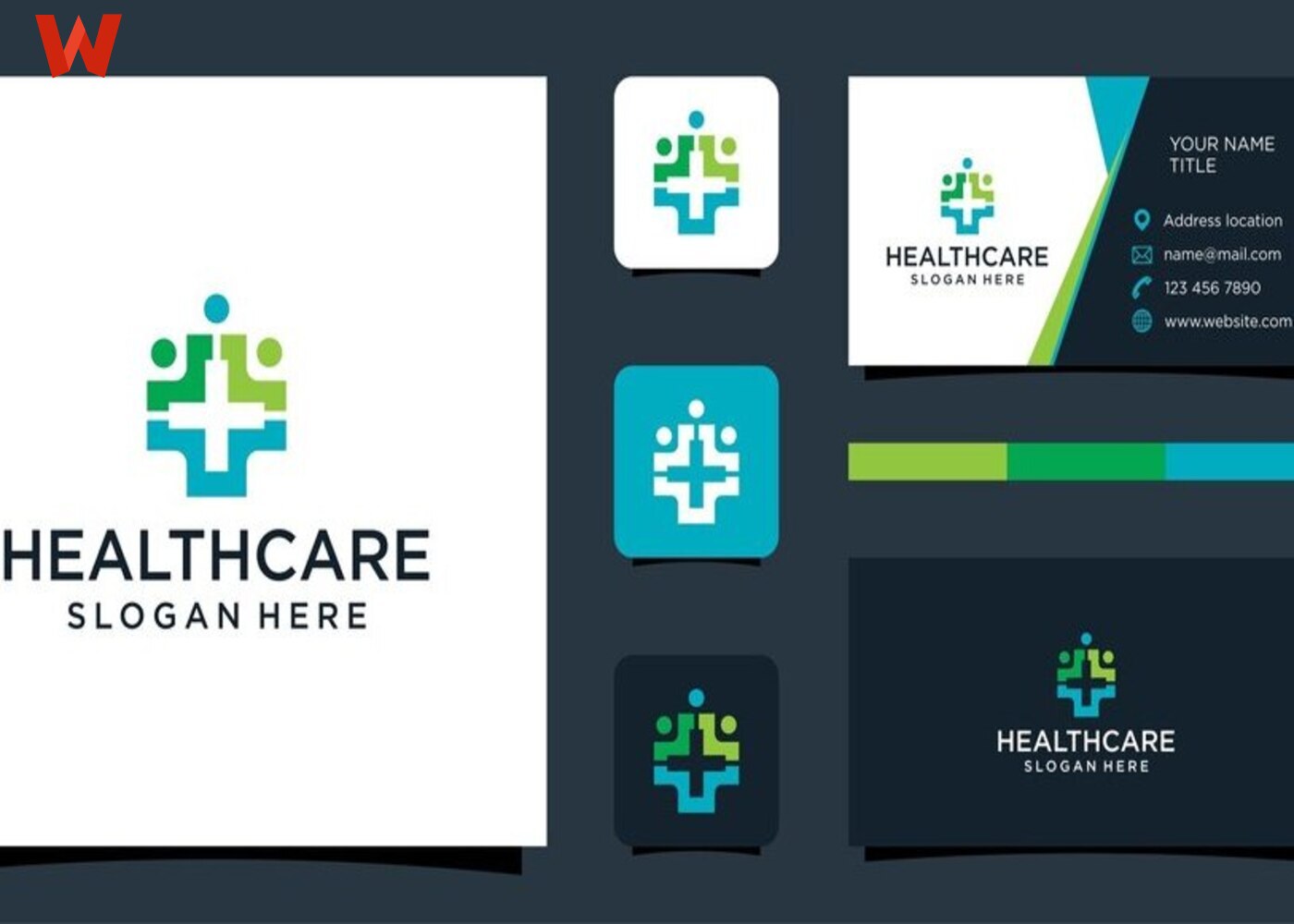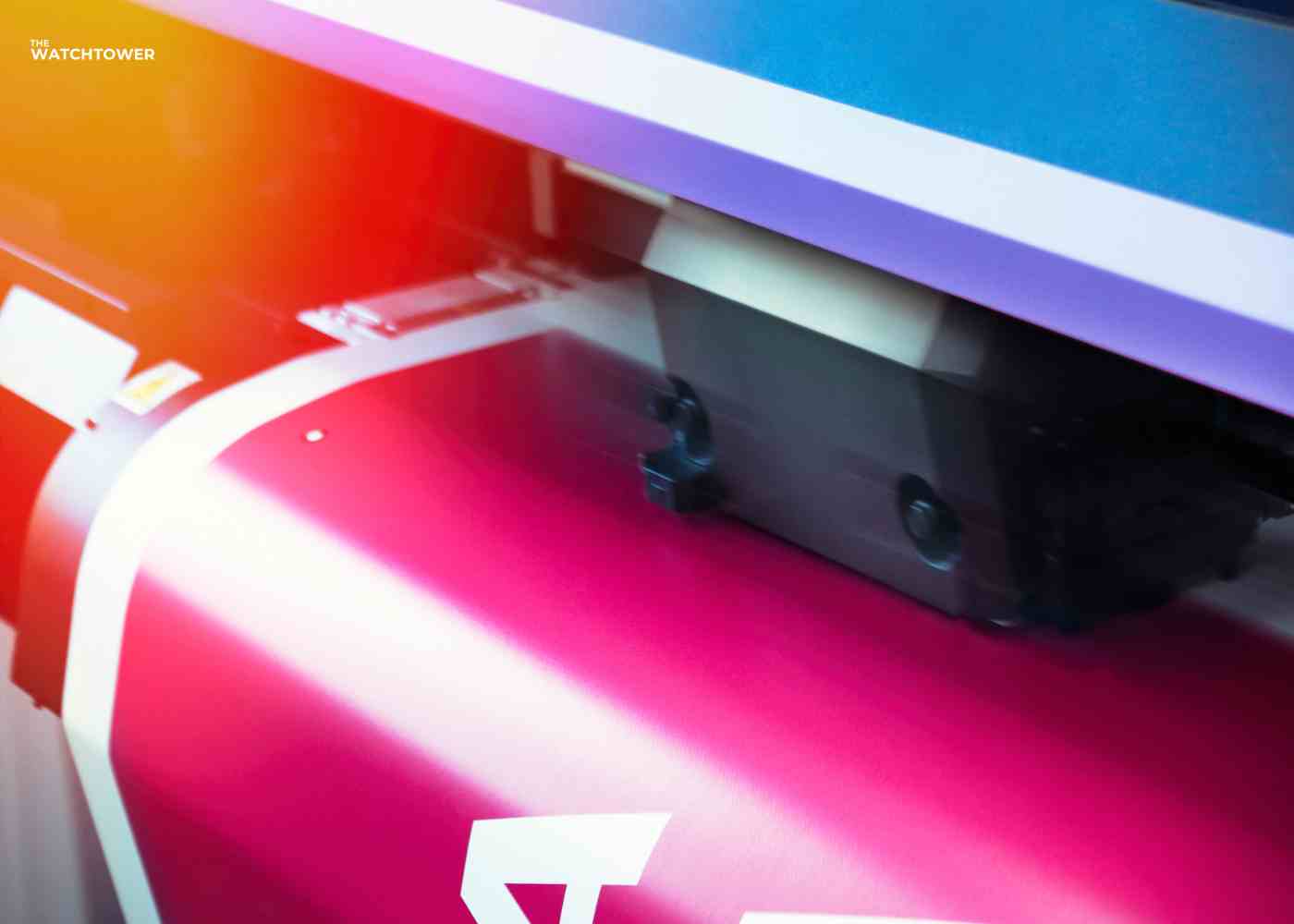
HUD's mission is to provide housing and community development aid while also ensuring that everyone has access to "fair and equal" housing.
HUD supports homeownership, increases secure and affordable rental housing, reduces homelessness, and combats housing discrimination through a variety of initiatives.
Interested in a HUD Home? Here are some important questions you should ask before applying for one:
1. What Is the Financing Method for HUD Homes?
While the Department of Housing and Urban Development (HUD) does not directly fund HUD dwellings, other government agencies do. There are zero-down VA loans, zero-down USDA rural development loans, FHA loans, and conventional mortgages. Be advised that conventional mortgages on certain HUD homes may be more difficult to get, as HUD does not authorize any renovations before closing, and lenders may need fixes to grant a loan.
Be realistic about your budget when it comes to financing. One of the hardest-won lessons of the housing crash has been the need of buying a property with affordable mortgage payments and interest rates.
2. What Are The Benefits of Buying a HUD House?
While HUD homes are commonly thought to be less expensive than regularly sold homes, this is not always the case. The capacity of HUD homes to be the greatest, and sometimes only, alternative for low- and moderate-income buyers to become homeowners in hot markets is where they stand out.
HUD-specific incentive schemes allow buyers to take advantage of extremely low down payments (as little as $100) and heavily reduced properties (as much as 50 per cent off).
3. What Are The Drawbacks of Acquiring a HUD Home?
HUD homes aren't necessarily less expensive than non-HUD homes, and they're often sold as-is, necessitating expensive repairs. Buyers who purchase HUD houses through private financing, their cash reserves, or the FHA 203(k) program should have a comprehensive home inspection and be prepared to spend a large amount of money on repairs and renovations.
HUD houses are typically abandoned for long periods and, unfortunately, are frequently used to manufacture narcotics. If you believe the residence has been used to produce narcotics, make sure your home inspection includes testing for methamphetamine.
Individuals who acquire HUD homes as owner-occupants must live in them for at least one year before they can buy another HUD home.
4. What Makes a House a HUD Property?
If a home was originally financed with an FHA loan, the owner defaulted on payments, and the residence was foreclosed on, the home becomes a HUD home. Remember that foreclosures are frequently the result of death or significant sickness, and they may not be due to the borrower's fault.
5. What Is the Difference Between a HUD Home and a Bank-Owned Property?
Not all foreclosed homes are HUD homes, and not all HUD homes are foreclosed. A HUD home is a foreclosed home with an FHA loan that was defaulted on by the previous owner. The US Department of Housing and Urban Development (HUD) then sells the house. HUD homes are usually sold within 60 days after winning a bid. All HUD homes have the same sale and closing process.
Foreclosed residences, on the other hand, are sold by the lender, which could be a bank, a private equity firm, another government body, or an individual. Depending on who owned the loan, the sale and closing process for a non-HUD foreclosed home can vary greatly. It can take more than a year in some extreme circumstances.
6. Is Buying a HUD Home Difficult?
Purchasing a HUD house can be straightforward if you work with a knowledgeable, HUD-approved realtor. Because cash buyers are not given priority, buying a HUD property can be easier in many ways than buying a foreclosed home or a traditionally sold home in a hot market.
7. Is it always less expensive to buy a HUD home?
No. While HUD homes are often thought to be less expensive than typical residences, this isn't always the case, especially when repair costs are taken into account. If you're under contract for a HUD house, make sure you get a comprehensive home inspection and any necessary bids from contractors. Request comparable properties from your realtor so you can decide whether the purchase price plus repair price on your HUD property is a smart financial investment.
8. Is it true that there are more HUD homes available now that the forbearance period is over?
The provision of the CARES Act allowing up to one year of mortgage forbearance for those impacted by the coronavirus pandemic lowered the amount of HUD properties available for resale, however, foreclosure rates are on the rise as of October 2021, which will result in more HUD homes becoming available. It's bad news for foreclosed homeowners, but good news for HUD home buyers.
9. What Are My Chances of Winning a HUD House Bid?
Because the winning bid is determined by a computer based on HUD's biggest net profit, most experts advise providing an odd dollar sum. Increase your offer to $250,001 if you're considering a $250,000 HUD home. That one dollar can help you win by putting you ahead of other bidders. Furthermore, bids from intended owner-occupants received during the first 30 days of listing don't have to compete with flippers, giving them a better chance of winning with a bid they can afford.
Conclusion
Allow any unfavourable associations with the HUD program to go away. HUD homes can provide good housing stock at an almost unbelievable price if done with caution and proactive study. Learn about the numerous federal and state resources available to first-time homebuyers, including HUD, FHA loans, and other options:
Your first stop should be the website of the Department of Housing and Urban Development. You'll want to conduct extensive inspections and research on the home's (hopefully, immaculate) background after you've found a HUD-registered broker, obtained financing and found your dream home.




















Comments (0)
Write a Comment